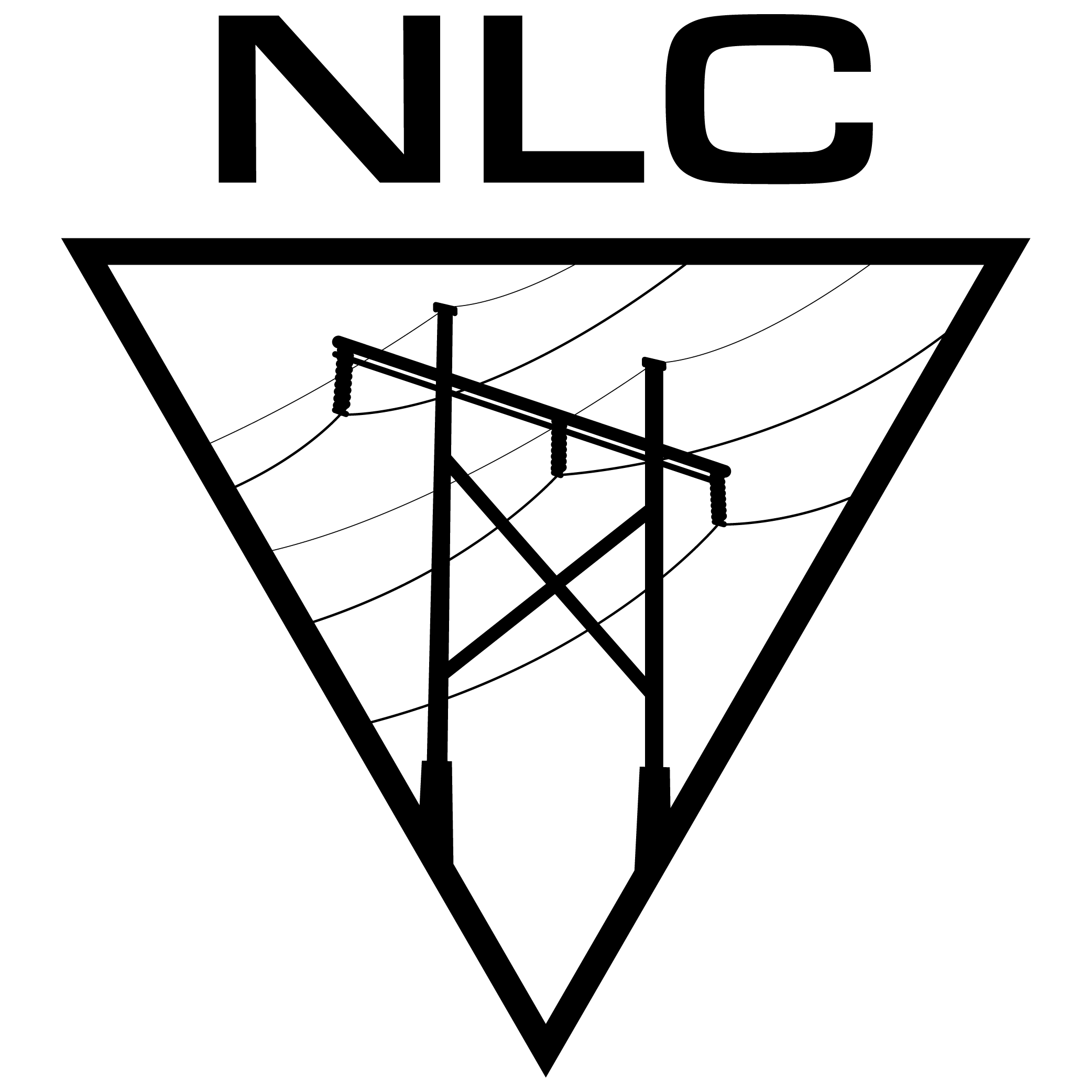Education
The methods and models developed and used for training, teaching, and curriculum development.
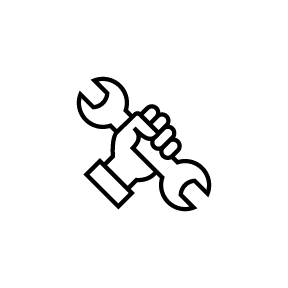
Training
The act of delivering skills-based instruction in a field or lab environment.

Teaching
The act of delivering knowledge-based instruction in a classroom environment.

Curriculum
Everything needed to deliver instruction.
The books, lesson plans, classroom graphics, lab equipment, yards, poles, trucks, hard hat stickers, awards, certificates, and more.
Now that you understand the basics of education, read on to appreciate what methods and models NLC holds dear and uses to provide the very best training available to aspiring craftworkers.
Three-Phase Educational Model
Truckloads of research have confirmed that there are just three ways a human can learn. They are cognitive (knowledge), psychomotor (skill), and affective (behavior). In educational circles, these three ways to learn are referred to as domains.
In electrical systems, phases are energized conductors. And just by chance, the most efficient electrical systems have three phases. They are most depicted as upside-down letters Y. Propeller heads refer to them as WYE diagrams.
To make things simple, we have illustrated the three domains of learning in a WYE diagram. We call it our Three Phase Educational Model and we trademarked it. It helps us focus on what is important every time we design and deliver training.
Knowledge is associated with academic learning (in a classroom for example). Skill is associated with lab/field learning (like climbing a pole or fusing a pipe). Behavior is how a person conducts themselves.
We teach it all!
The model is grounded in creating Positive Learning Environments, a key tool taught in PTE.
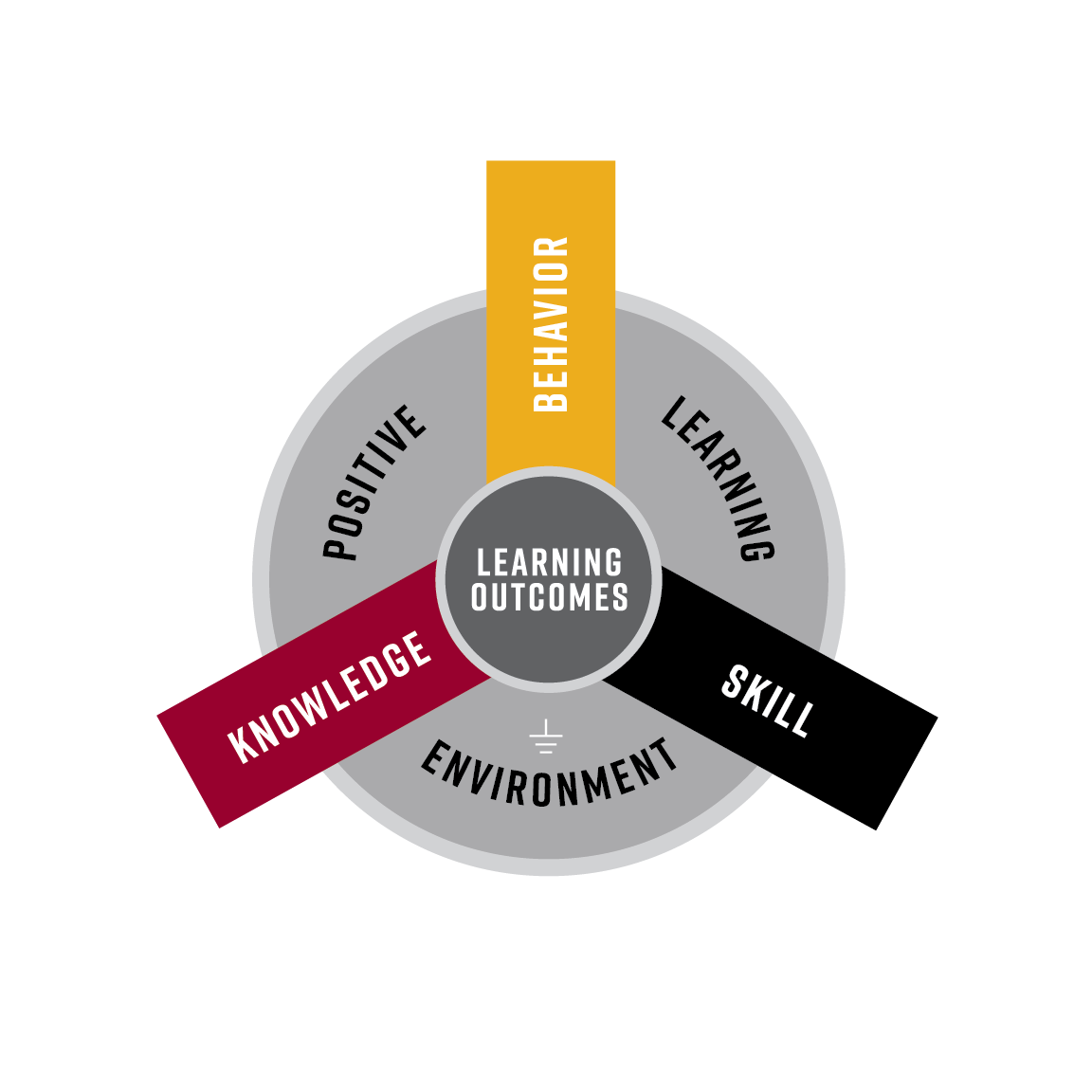
Educational Quality Is Our Priority
NLC’s educators are journey-level lineworkers who experienced the trade first-hand. Students walk into a class seeing masters of their craft in the power delivery industry. Combining an educator’s deep trade knowledge with development through our Professional Technical Educator program and a Department of Labor apprenticeship program ensures students receive a world-class education. Our educators go above and beyond by providing educating-to-the-ends opportunities that are meaningful, impactful, and motivating.


Applying what they learn through guided practice makes our students the First Choice for employment.
Our educators use NLC’s Four-Step Delivery Method and a Positive Learning Environment to deliver every lesson.
What is the Four-Step Delivery Method?
1) Introduce
2) Deliver / Demonstrate
3) Guided Practice
4) Close
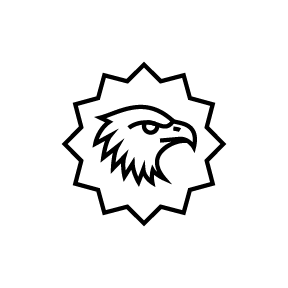
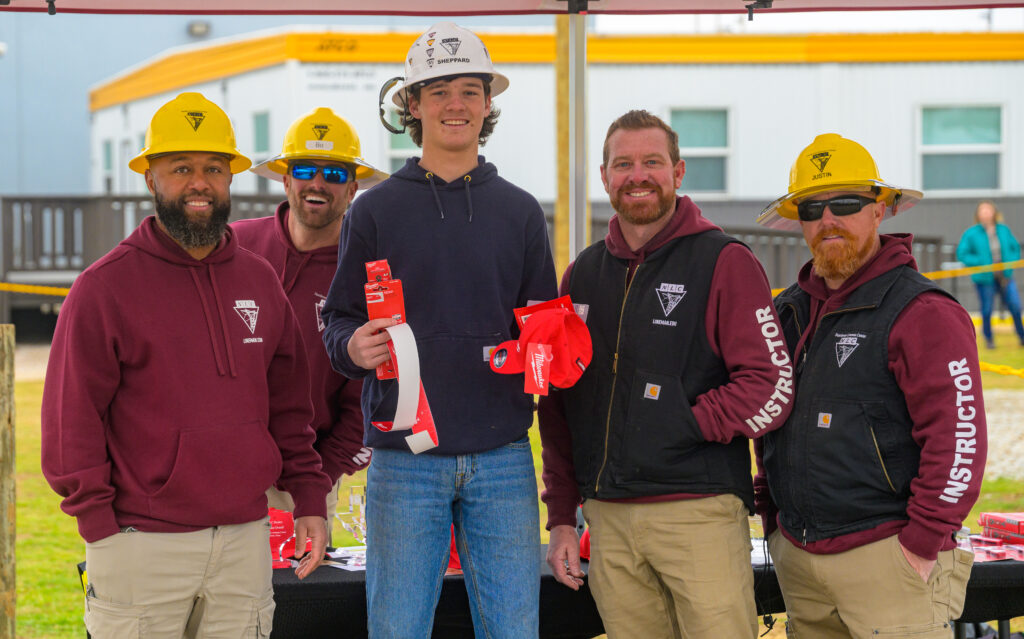
A Positive Learning Environment involves many components, including meeting the physiological and safety needs of students, cultivating a sense of belonging and self-esteem, setting clear goals and expectations, and rewarding performance.
Positive Learning Environment
Dr. Elizabeth Hurlock wanted to discover what type of feedback worked best in a classroom – positive, negative, or none. She sectioned a class into three groups of learners, some would be ignored, some criticized, and some praised for their work. After five days the ignored group had improved by just 5 percent, the criticized group by 19 percent, and the praised group improved 71 percent.
At NLC, we want students to be in the highest-achieving group, so we always create a positive learning environment. We recognize students doing things correctly and praise them in front of their peers. It is motivating for all.
We’re really good at positive learning environments.
Not providing a positive learning environment is educational malpractice. And we don’t have insurance for that, so please be positive.
We Train for Endless Possibilities . . .
We know our students will become crew leaders, training and safety directors, supervisors, company presidents, and Hall of Famers! The possibilities are endless! And because we don’t know which ones will earn these roles, we train and educate them like they all will.
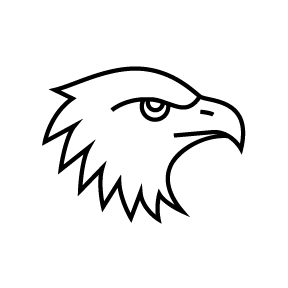
NLC develops behaviors for success in many roles:
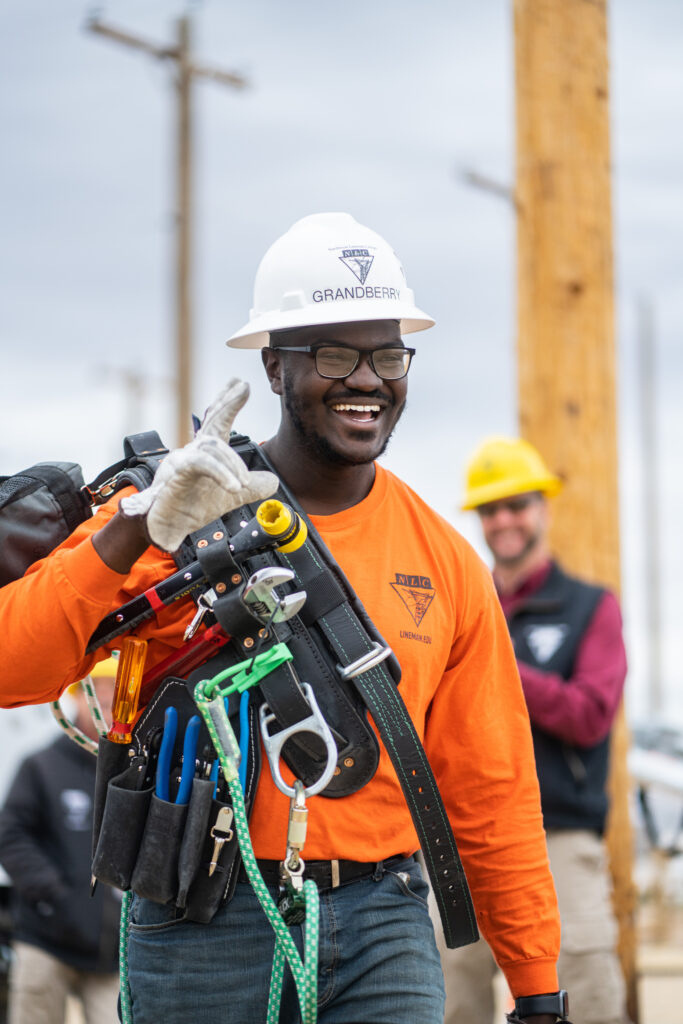
- coachability
- flexible
- hardworking
- continuous learning
- professionalism
- integrity
- initiative
- craftsmanship
- safety-mindset
- lifts the whole crew
We Hire Favorites
Who was your favorite teacher? Your favorite coach?
You remember, don’t you? We all do.
They changed us, possibly altered the direction of our lives. Maybe they saw potential no one else did and gave us just enough confidence to try. They inspired and challenged us, helped us realize insights about ourselves. Provided a smile and words of affirmation during a hard time.
They were never our favorite because of their degree, or for the subject material they taught, but how they made us feel.
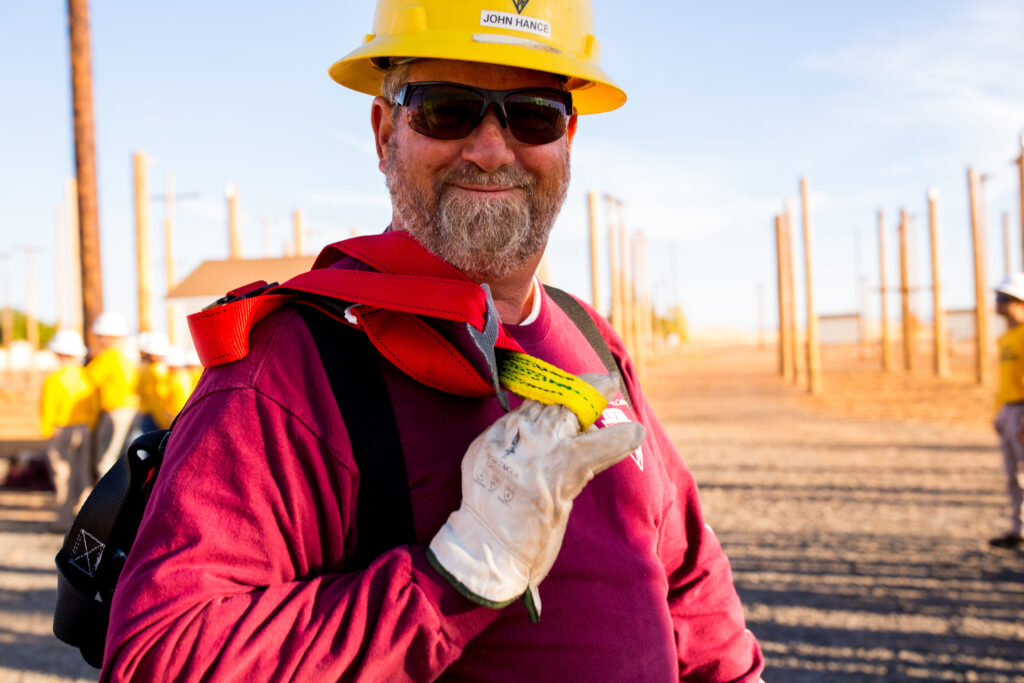
Part of NLC’s value is not only that we hire and develop favorite teachers, but also, they come to us as damn fine journey-level linemen! That experience shapes their ability to coach and influence. They understand what students will be up against in the field.
Beyond our incredible instructors, our operations and support teams are favorites too. Encouraging and uplifting each other. We first find belonging with our favorites, and then conviction to carry forth and achieve.

Friendly,
But Not a Friend
Being friendly is not fraternizing. When we fraternize, we form friendships. When we form friendships, we favor our friends.
When students become our friends, the integrity of our delivery and grades are jeopardized.
Students enroll in our programs and companies hire us for training. Your relationship is professional, not personal, and the mission is to train. Because our students are really cool people, they already have lots of friends. They are not coming to us for friendship. They are coming to us for education, and they need a teacher. BE what they need.
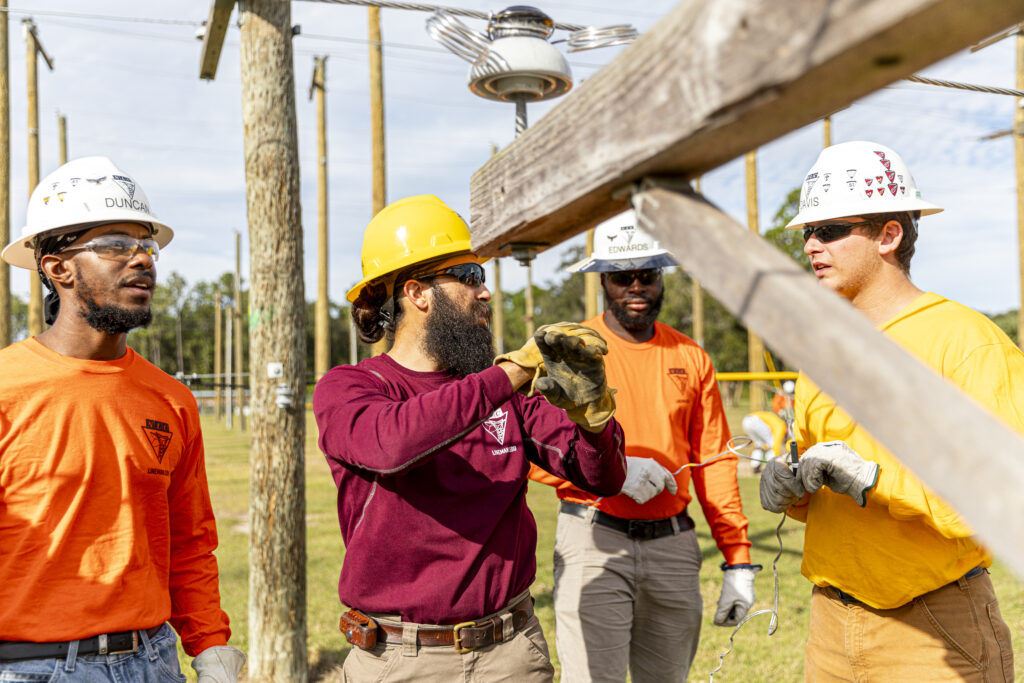
Our students make big investments in time, money, and commitment to come to NLC. We want to honor their investment in education, and we do that best as supportive educators and professionals. Be friendly, not a friend.
We Educate, We Don’t Advocate
Personal opinions and beliefs can be offensive to others. Employees and students can find plenty of views in the media and on their devices. We educate. We do not advocate.
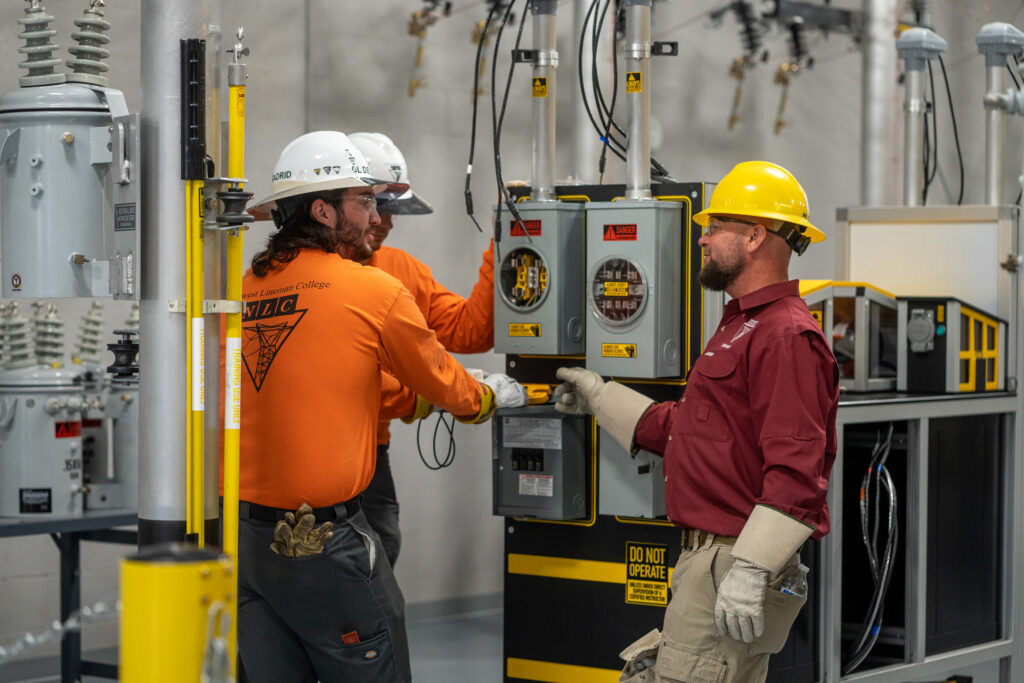
Telling a student to favor one company type over another robs them of learning how to think and research the best opportunities for themselves. Letting our students discover their own path is a part of their growth and development.
Initiating political, religious, or controversial conversations in the workplace isn’t productive or professional and could lead to offensive situations for protected classes and all those around.
All Eagles: remember, to find common ground and build community we do our best to keep conversations focused on shared purpose and student’s goals.
We Innovate to Better Educate

Consider the OxBlock, the TransBanker and EPZGrounder mobile labs, groundman obstacle courses, the Professional Technical Educator (PTE) program, and the Wireless Continuity Transformer, etc. The list could go on and on. These innovative ideas have transformed education at NLC campuses and across Quanta’s regions. We take great pride in our people who apply action, converting “a-ha moments” into reality!
This gritty spirit lives within our Eagles, it’s one of our special sauces and it shapes the way we approach curriculum development, training delivery, and so much more. At NLC, average is the enemy, and we continuously innovate to better educate.
NLC’s history is full of innovation!

We All Impact Student Success
Our job is to teach pre-apprentice and apprentice linemen, but we also teach character and successful behaviors in everything we say and do. Our influence, from Admissions and Campus Operations to Instructors on graduation day and the Registrar after students leave the campus, makes an impression on our students that lasts a lifetime.
Even though we all have different roles and responsibilities and interact with students at different points during their NLC experience, we’re all united in building First Choice students.

Phil Carrillo
I have impact!
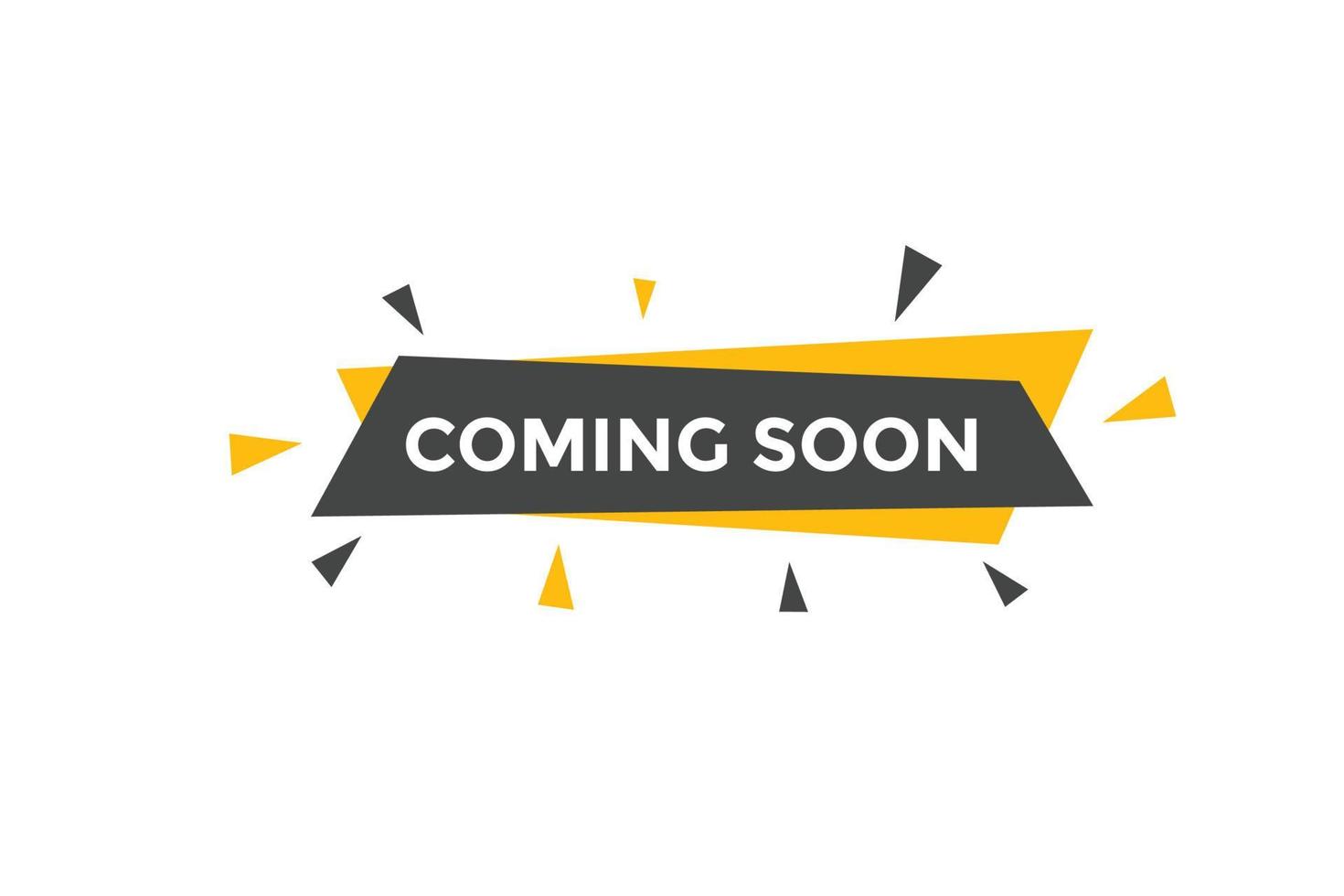
Coming Soon!
FL Training Specialist

Coming Soon!
Outstanding Eagle
